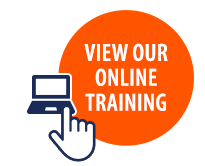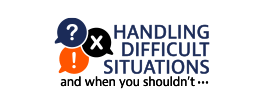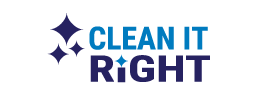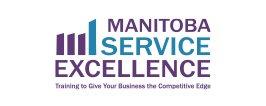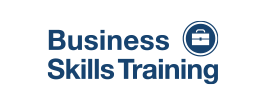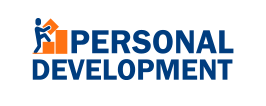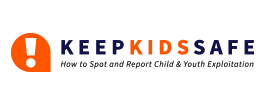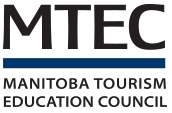In the News
Teaching Life Skills in Post-Secondary Education
It’s a big move that could make a difference in college education across Canada. In partnership with the Manitoba Tourism Education College (MTEC), the Better Business Bureau Foundation has developed an innovative program that brings ethics education into post-secondary classrooms.
"I think it is something that is missing," says Shannon Fontaine, CEO of MTEC.
Not anymore. The two organizations are working together to implement an ethical decision-making course.
MTEC, along with most post-secondary institutions, didn’t offer anything like it. Most students learn skills and facts in college and university, not the social skills they need to be considerate and contributing members of their workforces and communities.
Ethical decision-making will teach students to critically analyze real world dilemmas, contemplate creative and ethical solutions, and realize the impacts of each choice they make. It will also instill the courage to do the right thing by teaching students why they should make ethical decisions.
"I think it’s just adding a component that is missing because we really don’t talk about that. We talk about customer service and we talk about sales but we don’t talk about ethical decision-making," Fontaine says.
This year, MTEC will deliver the program to about 145 students, a mix of international students, people who have been on EIA, newcomers and Canadian citizens.
"We’re bringing the program into the post-secondary setting, where people learn the skills they’ll use for the rest of their lives. This is another core skill a student will be serious about learning and taking with them into their professional and personal lives," says Len Andrusiak, president and CEO of the BBB serving Manitoba and Northwest Ontario and director and executive secretary of the BBB Foundation.
The program will help participants learn the value of ethics that they may not have been exposed to growing up or weren’t in the right mindset to absorb it. It’ll teach people from different backgrounds what ethics look like. And it’ll help them think about ethics in a new way, giving them another tool on their belt.
That’s because people who think and act ethically are often seen as natural leaders. This reputation helps them move up the chain toward their goals, while creating positive working environments around them.
Ethical decision-making education has a ripple effect. Its benefits stretch far beyond a person’s immediate environment and situation. It can change a person’s life or generate goodwill both for the person affected by the action and the person performing it.
See the full article at: winnipegfreepress.com.
